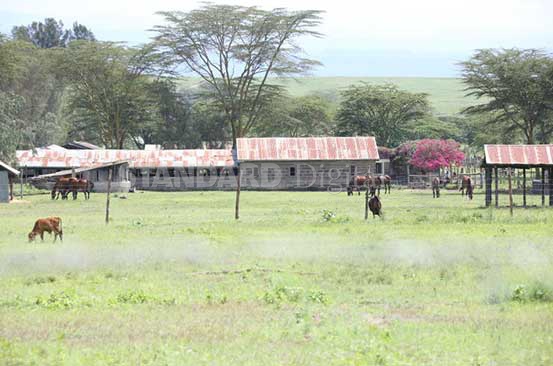×
The Standard e-Paper
Join Thousands Daily

Public institutions in Nakuru County are losing large tracts of land to developers. Individuals and private companies have taken possession of land claimed by primary and secondary schools, hospitals, mortuaries, cattle dips, churches and the museum.
In some instances, sections of school compounds with structures such as staff quarters have been converted into private estates and teachers evicted.